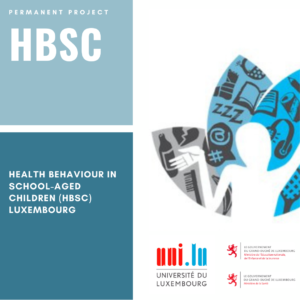Health Behaviour in School-aged Children (HBSC), a WHO collaborative cross-national study, has provided information about the health, well-being, social environment and health behaviour of 11-, 13- and 15-year-old boys and girls for over 30 years. The 2017/2018 survey report presents data from over 220 000 young people in 45 countries and regions in Europe and Canada. The data focus on social context (relations with family, peers, school and online communication), health outcomes (subjective health, mental health, overweight and obesity, and injuries), health behaviours (patterns of eating, physical activity and toothbrushing) and risk behaviours (use of tobacco, alcohol and cannabis, sexual behaviour, fighting and bullying) relevant to young people’s health and well-being. New items on electronic media communication and cyberbullying and a revised measure on family meals were introduced to the HBSC survey in 2017/2018 and measures of individual health complaints and underweight are also included for the first time in the international report. Volume 1 of the international report presents key findings from the 2017/2018 survey, and Volume 2 provides key data disaggregated by country/ region, age, gender and family affluence.
Spotlight on adolescent health and well-being
Findings from the 2017/2018 Health Behaviour in School-aged Children (HBSC) survey in Europe and Canada. International report
Zitiervorschlag
Inchley, J., Currie, D., Budisavljevic, S., Torsheim, T [Torbjørn], Jåstad, A., Cosma, A [Alina], Kelly, C., Arnarsson, Á. M. & Samdal, O. (2020). Spotlight on adolescent health and well-being: Findings from the 2017/2018 Health Behaviour in School-aged Children (HBSC) survey in Europe and Canada. International report. Volume 2. Key data. Copenhagen.



